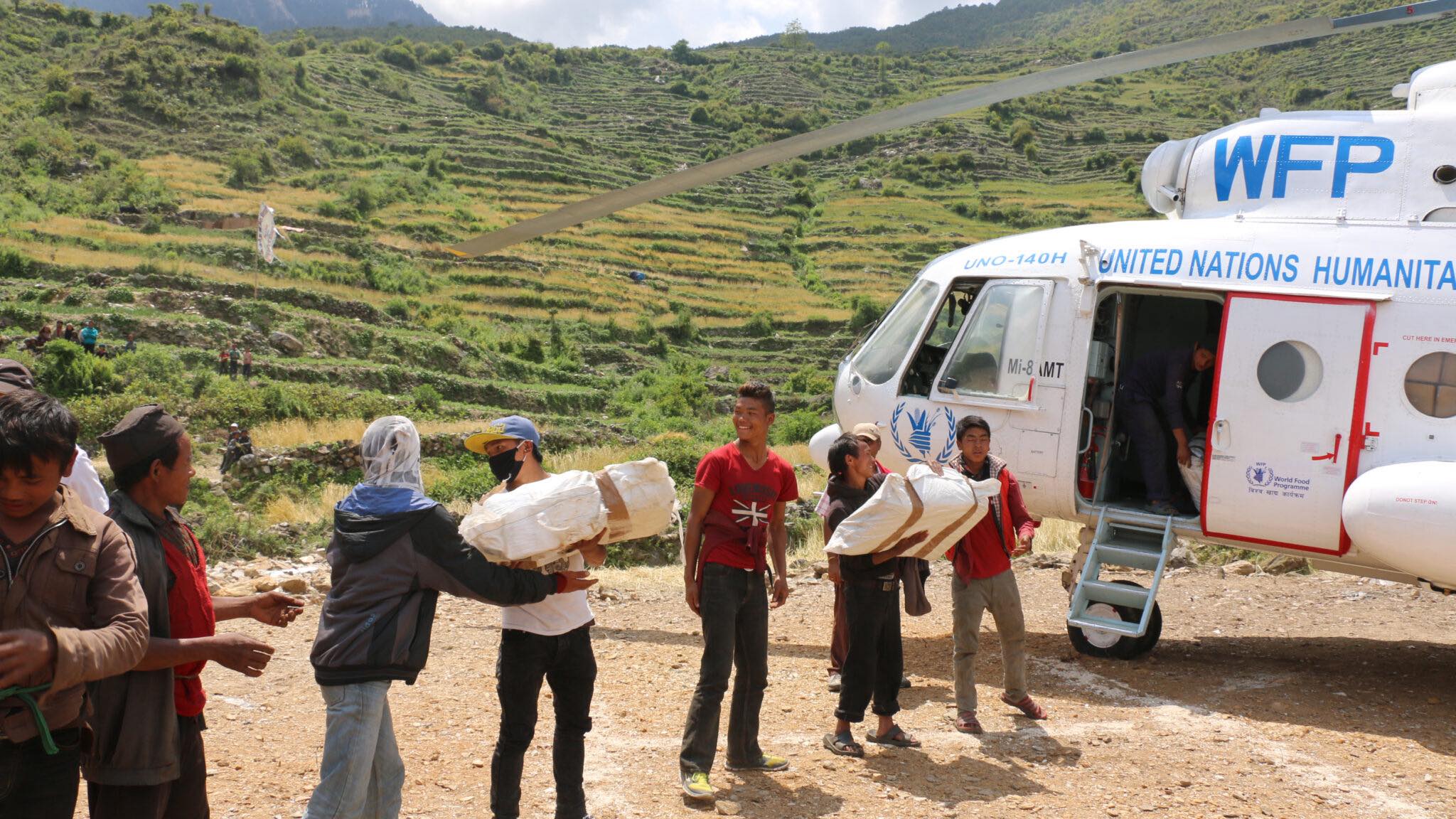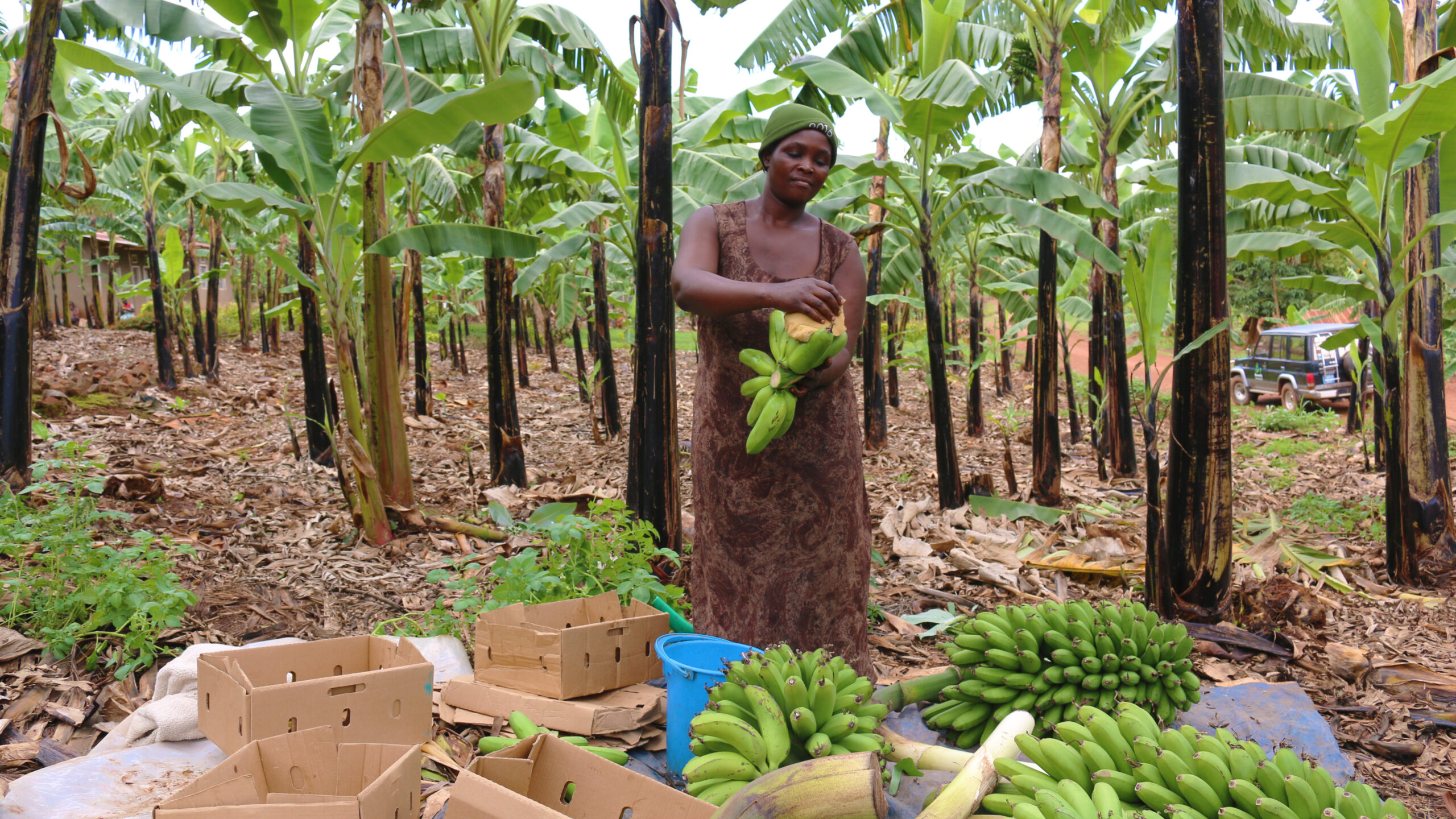In a move that potentially pleases both food security experts and environmentalists, the EU’s Environment Committee voted on July 11 to set a cap on the amount of energy produced from food and energy crops while encouraging the use of advanced biofuels and electric vehicles.
Experts, including IFPRI’s David Laborde, argue in the international weekly science journal Nature that most varieties of biodiesel produce higher levels of emissions than bioethanol, and sometimes more than fossil fuel, in part because they encourage farmers to plow fresh land in order to make space for both food and fuel crops. Research on this type of indirect land use change (ILUC) informed the committee’s vote, despite pressure from Europe’s biofuels industry and energy and agricultural sectors.
The measures approved in the committee’s report will inform the European Parliament’s plenary vote in September 2013, and, if adopted, they could signal a major shift in the types of renewable energies that Europe’s transport sector can use to meet the requirement that 10 percent of its energy use must be from renewable sources. As Laborde notes, “The effect wipes out more than two-thirds of the carbon emissions that Europe’s renewable-energy policy was supposed to save by 2020.”
Click to read the full article.
Related links
- IFPRI’s Food Security Portal blog post: EU Moves One Step Closer to a Lower Biofuel Mandate
- IFPRI publication: Global Trade and Environmental Impact Study of the EU Biofuels Mandate
- IFPRI publication: Assessing the Land Use Change Consequences of European Biofuel Policies







